Optimal Timing for Cement Liftings
Cement liftings are most effective when performed under optimal conditions that ensure proper adhesion and curing. Timing depends on factors such as weather, temperature, and the condition of the existing surface. Proper scheduling can extend the lifespan of the repair and improve performance.
Cement liftings should be done during dry weather with moderate temperatures to prevent rapid drying or freezing, which can compromise the bond.
Optimal temperatures for cement liftings are typically between 50°F and 85°F. Extreme cold or heat can affect curing times and adhesion quality.
Scheduling after thorough surface cleaning and preparation ensures better bonding and longevity of the repair.
Performing liftings before or after periods of heavy rain helps prevent water infiltration that could weaken the repair.
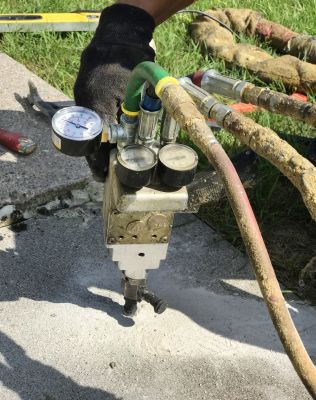
Proper conditions for effective cement liftings.
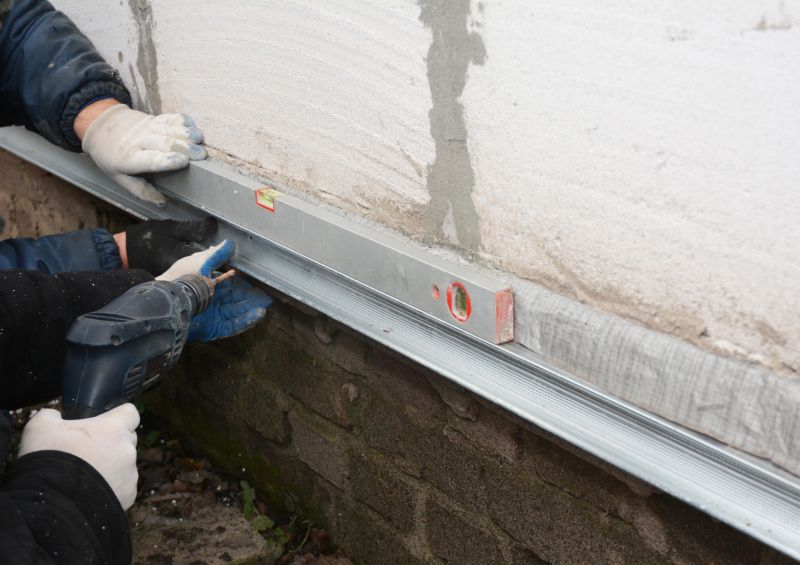
Ensuring optimal temperature for curing.
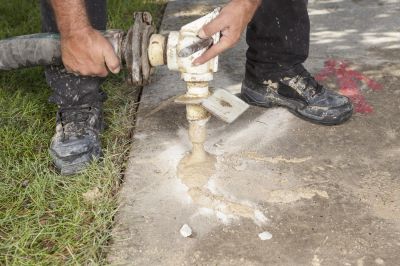
Preparing surfaces for optimal bonding.

Ways to make Cement Liftings work in tight or awkward layouts.
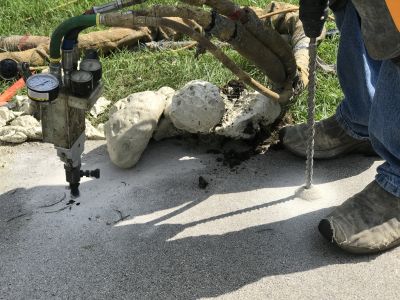
Popular materials for Cement Liftings and why they hold up over time.

Simple add-ons that improve Cement Liftings without blowing the budget.
Cement liftings involve raising and leveling concrete surfaces that have settled, cracked, or become uneven over time. This process restores the structural integrity and appearance of concrete slabs, driveways, and floors. Proper timing and execution are crucial for ensuring durable and effective repairs.
Statistics indicate that cement liftings can extend the lifespan of concrete surfaces by several years when performed correctly. The process is a cost-effective alternative to complete replacement and can be completed quickly, minimizing disruption. Weather-related factors play a significant role in the success of these repairs, making timing essential for optimal results.
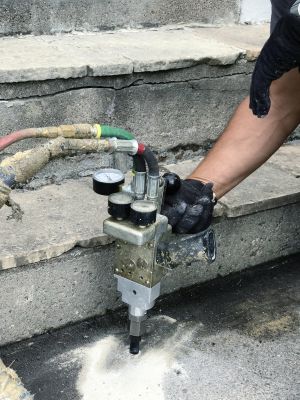
Tools used for raising and leveling concrete.
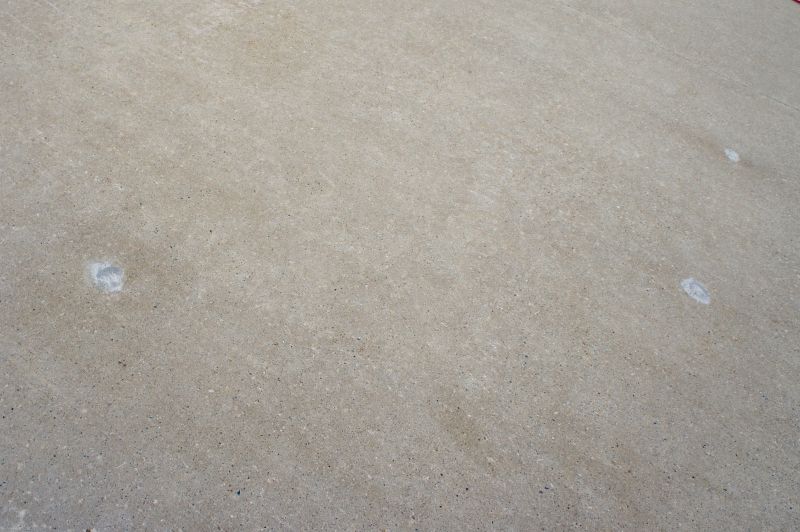
Existing uneven concrete surface.
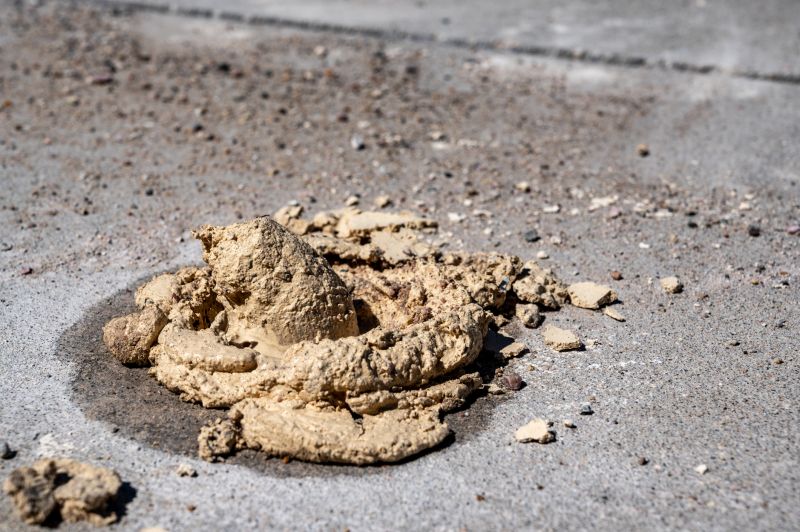
Applying lifting compound to damaged areas.
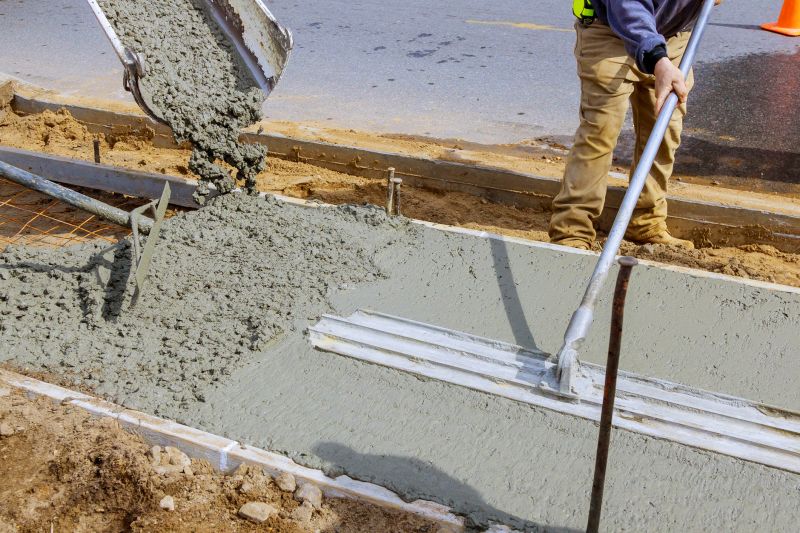
Restored and leveled surface.
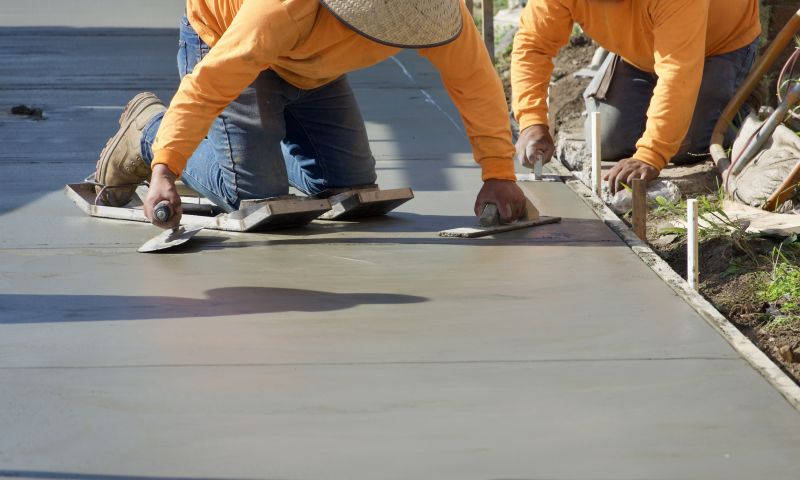
High-end options that actually feel worth it for Cement Liftings.
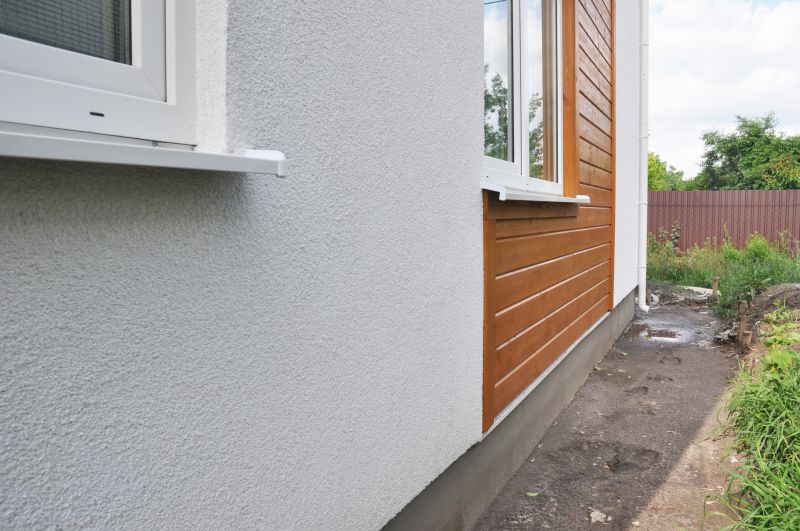
Finishes and colors that play nicely with Cement Liftings.
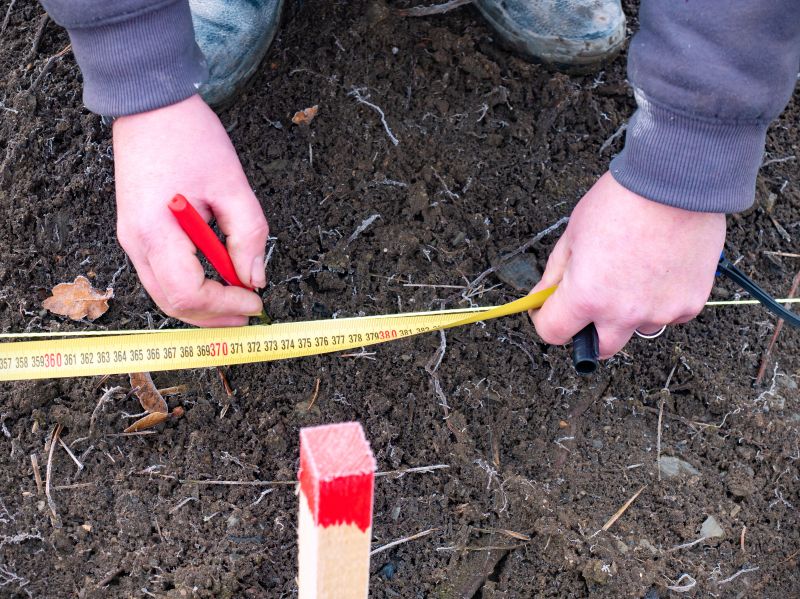
Little measurements that prevent headaches on Cement Liftings day.
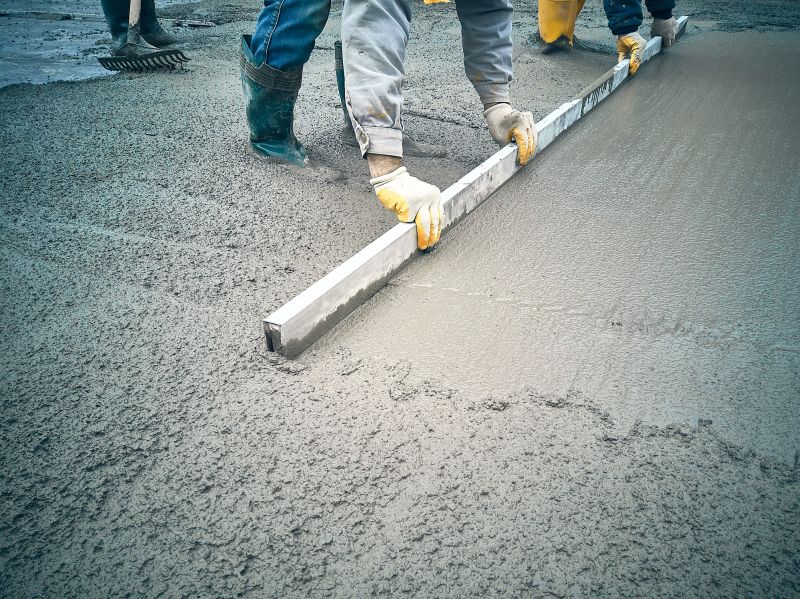
A 60-second routine that keeps Cement Liftings looking new.
| Best Time for Cement Liftings | Key Considerations |
|---|---|
| Spring and Early Fall | Milder temperatures and less precipitation |
| Dry Weather Periods | Ensures proper curing and bonding |
| Temperatures Between 50°F and 85°F | Optimal for curing and adhesion |
| Post-Weather Events | After heavy rain or freeze-thaw cycles |
| Scheduled During Mild Seasons | To avoid extreme cold or heat |
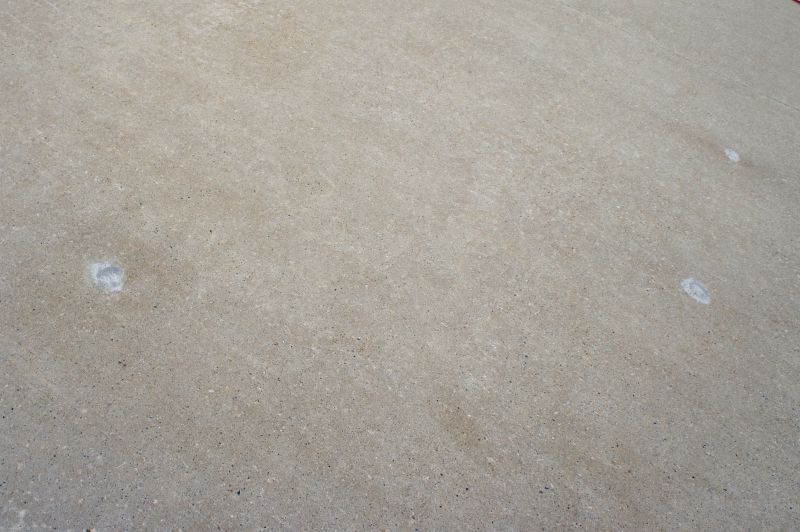
Restored level surface.
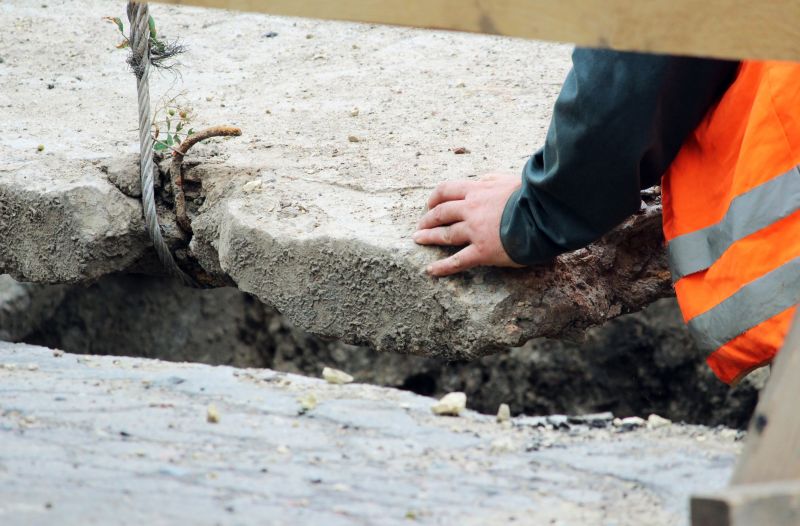
Proper curing for strength development.
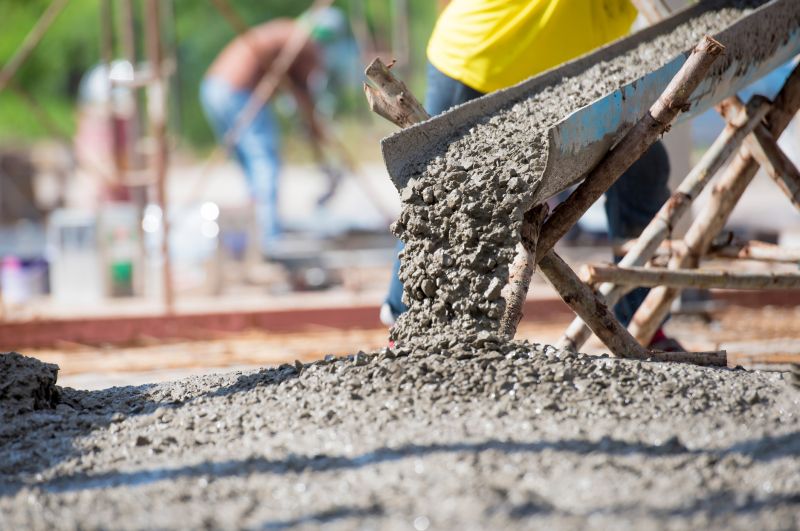
Ideal conditions for cement work.
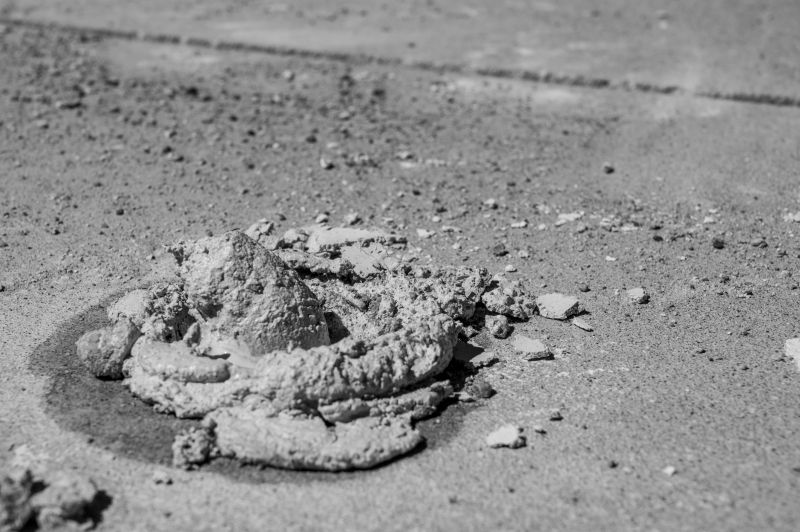
Ensuring longevity of repair.
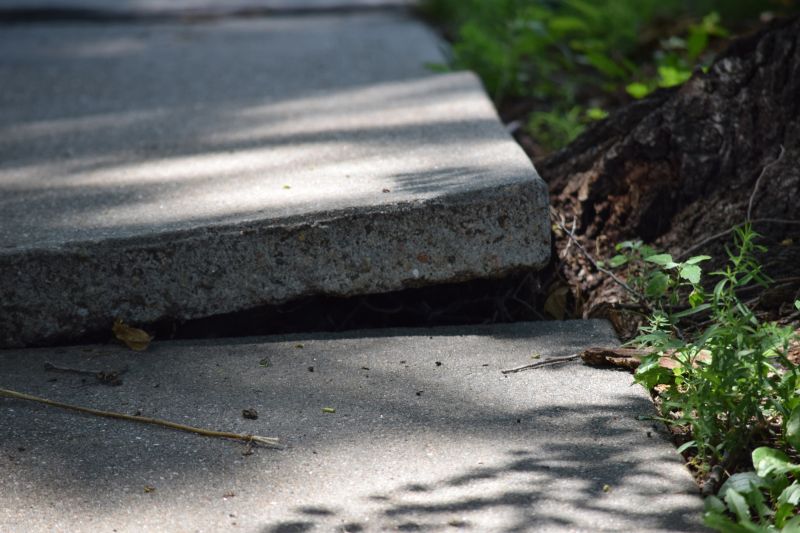
A frequent mistake in Cement Liftings and how to dodge it.
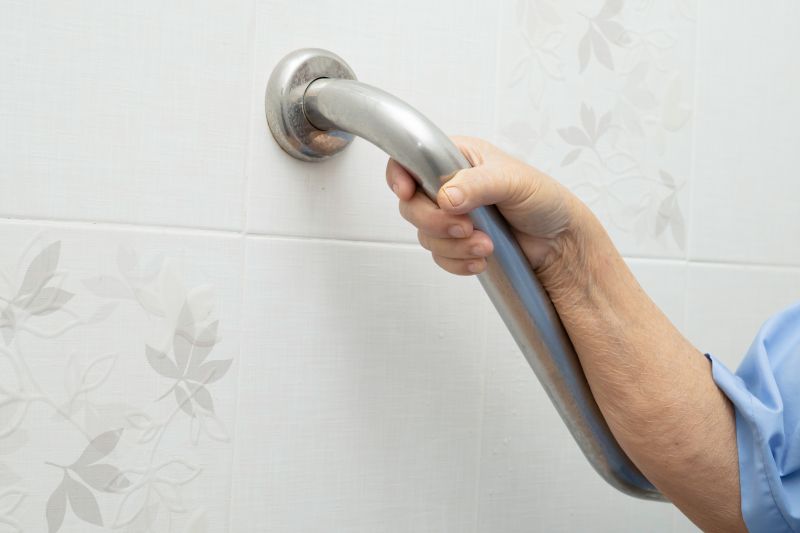
Small tweaks to make Cement Liftings safer and easier to use.
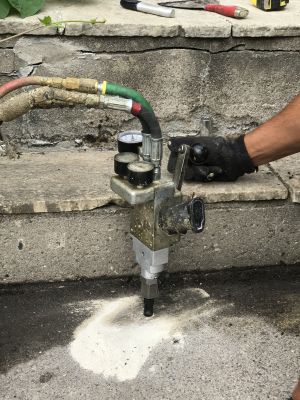
Lower-waste or water-saving choices for Cement Liftings.
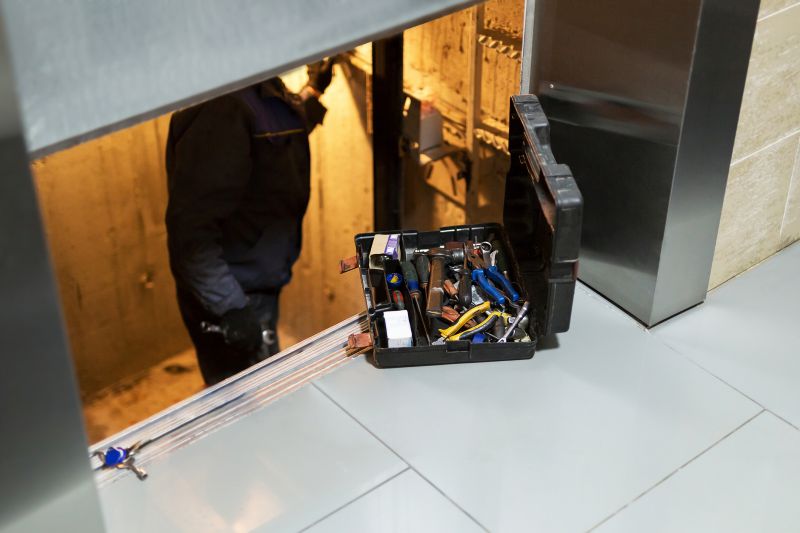
The short, realistic tool list for quality Cement Liftings.
Interested in cement liftings for your property? Filling out the contact form can provide more information and schedule a consultation to determine the best timing and approach for your specific needs.
